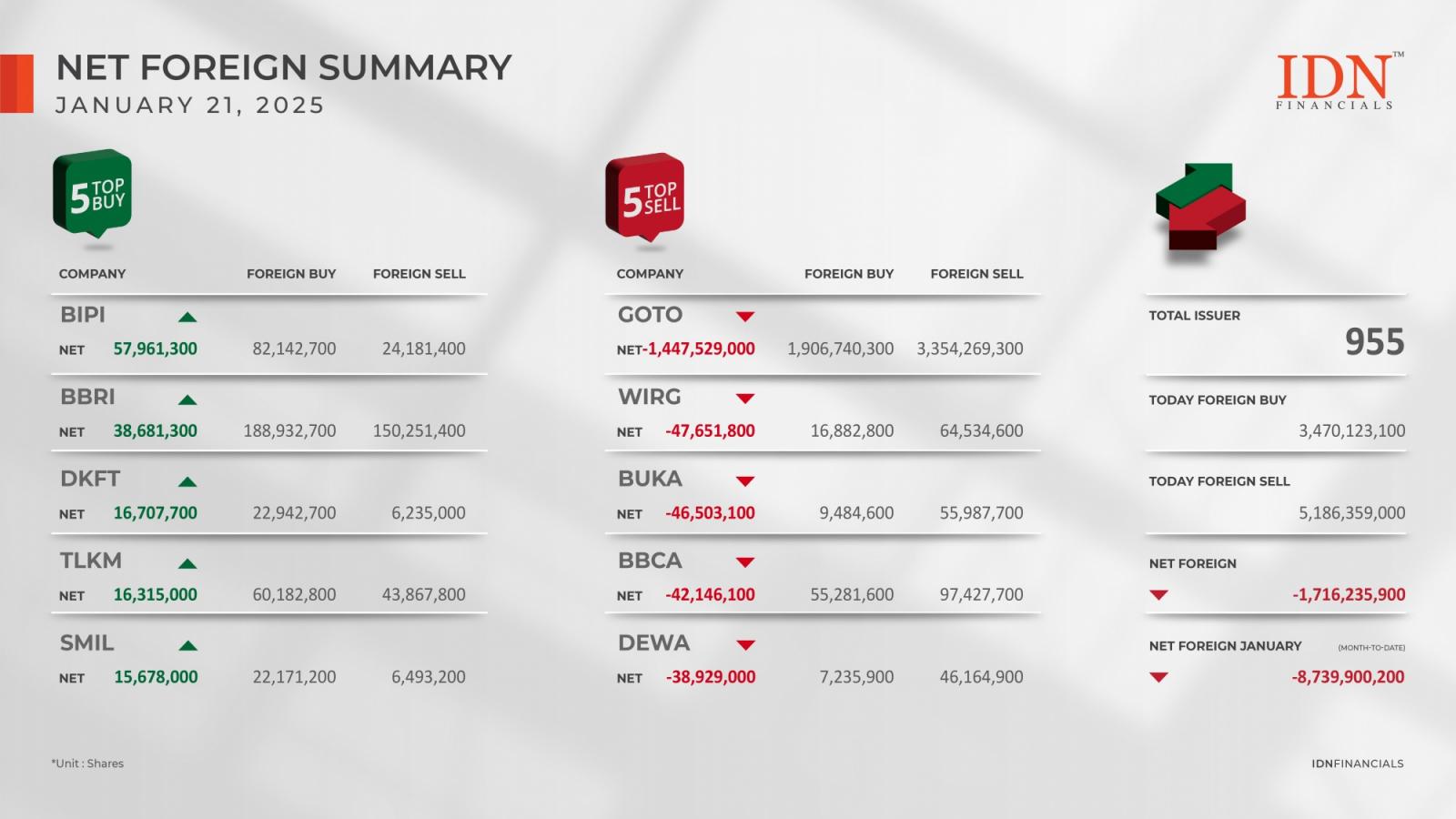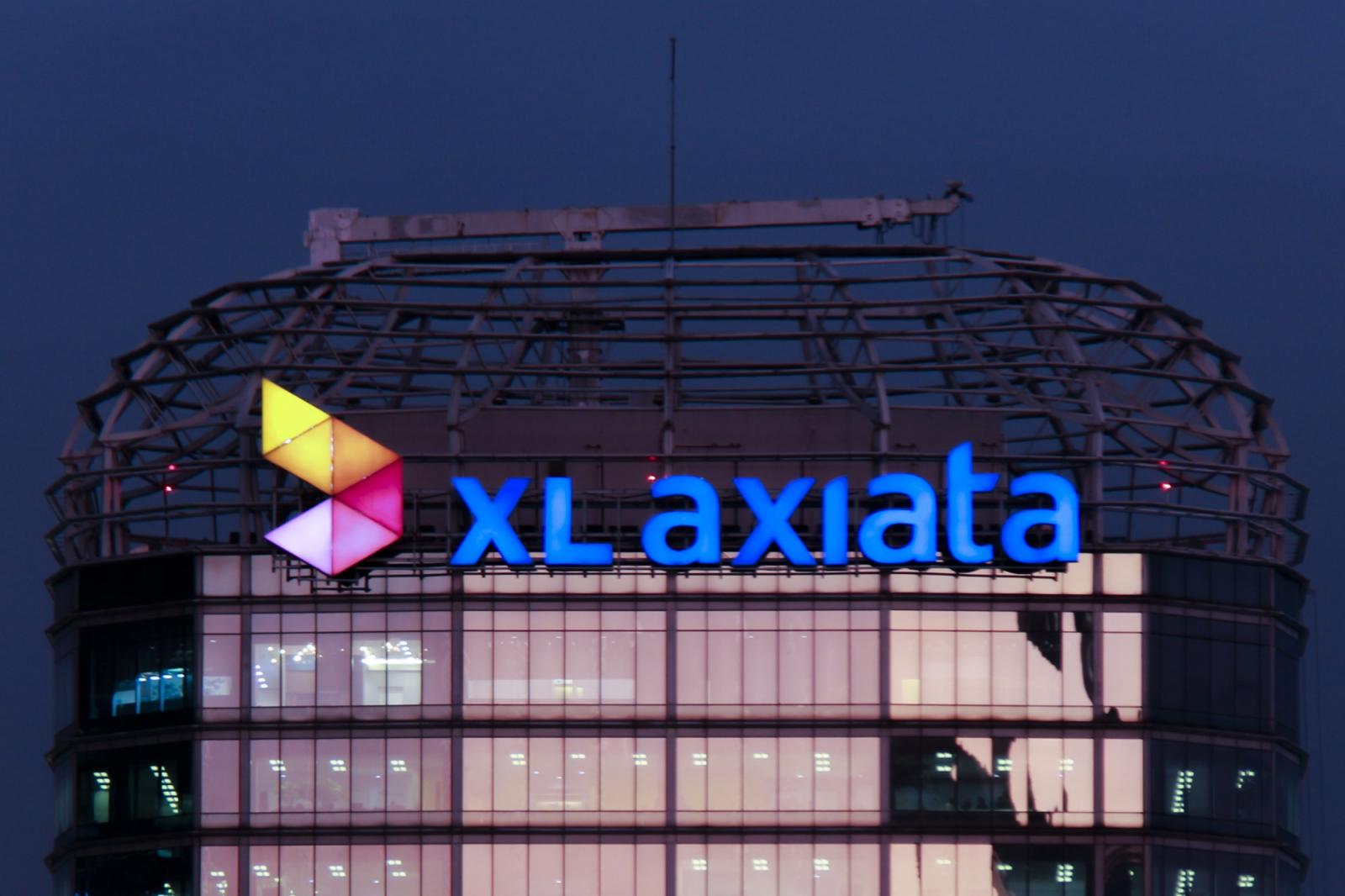The US House on Wednesday voted in favor of crypto-friendly legislation (FIT21) that would hand control of cryptocurrency oversight to a government agency seen as more favorable to the industry.
Its objective is to establish a fresh legal structure for digital currencies. This is despite an unconventional caution from the US securities regulator regarding the potential emergence of financial hazards.
In a bipartisan vote, the House approved the Republican-sponsored Financial Innovation and Technology for the 21st Century Act (FIT21). The final tally was 279-136, with 71 Democrats joining the 208 Republicans in favor of the legislation.
House approval is just the first hurdle for new laws in the US. The FIT21 Act, despite passing the House, still needs Senate approval and the President’s signature to become law. It is currently uncertain if the Senate will pass the bill too.
FIT21 Crypto Bill Expands Freedom for Industry, Shifts Power to CFTC
The legislation would grant expanded liberties to crypto operators in the US. It would also transfer greater regulatory oversight of digital assets to the Commodity Futures Trading Commission (CFTC).
Placing most digital assets under the jurisdiction of the CFTC would categorize them as commodities instead of securities. This would shift regulatory oversight away from the SEC. This move is significant, especially given the Biden administration’s crypto industry crackdown initiated under the SEC’s purview.
The passage of the legislation potentially puts President Joe Biden in a difficult position. He must decide whether to go against his own SEC chairman and refuse a veto. It comes as former President Donald Trump courts the industry in his 2024 presidential campaign.
After the vote, House Majority Whip Tom Emmer said that the passage of the Act would pave the way for flourishing American digital asset innovation.
“This globally competitive framework will give entrepreneurs the clarity and assurance they need to build here, in the United States, while ensuring the next iteration of the web emulates our values,” he said.
FIT21 unlocks a conversation beyond innovation. It’s about national security, consumer protection & global competitiveness.
It’s about shaping what the future global digital economy looks like and how it functions.
Let's give Americans the clarity needed to seize this moment. pic. .com/scdatvjyp5
— Tom Emmer (@GOPMajorityWhip) May 22, 2024
SEC, White House Align in Opposition to FIT21’s Approach
Before the vote on Wednesday, the White House issued a statement that said the FIT21 bill doesn’t do enough to safeguard consumers involved in certain cryptocurrency transactions. However, it refrained from completely vetoing the legislation.
Wednesday’s House vote also followed SEC Chair Gary Gensler voicing criticism against FIT21. Gensler argued that the bill would, in some aspects, “create new regulatory gaps and undermine decades of precedent regarding the oversight of investment contracts,” potentially endangering investors and capital markets.
The federal regulator argued that FIT21 would work against already established securities law. It would negate the long-accepted Howey Test while reneging current regulations on investment contracts, he said. This would allow crypto operators to “self-certify” their products.
“The crypto industry’s record of failures, frauds, and bankruptcies is not because we don’t have rules or because the rules are unclear. It’s because many players in the crypto industry don’t play by the rules,” Gensler continued.





